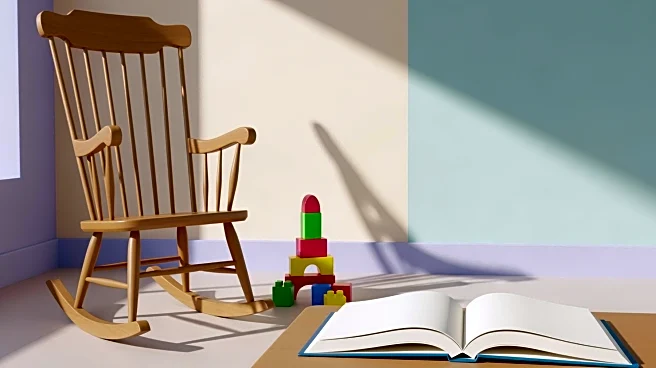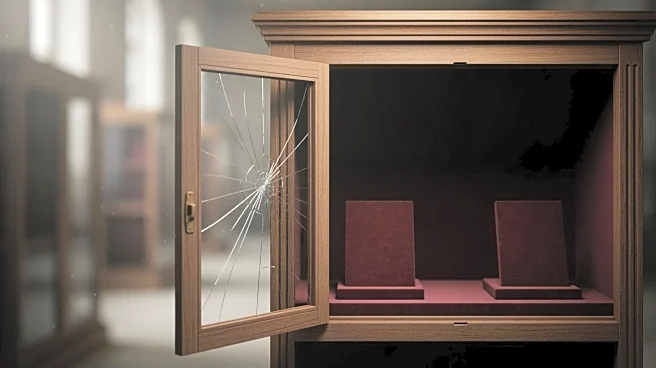What's Happening?
The family of Shir Yaron, a victim of the Nova music festival attack on October 7, has expressed outrage after memorial stickers featuring her image were defaced at Sa’ad Junction. The stickers, which included religious messages, were placed over the images to make them more modest. Shir's mother, Ya’ara, condemned the act, stating it was disrespectful and not representative of Judaism. She described those responsible as 'small and foolish people' and expressed deep hurt over the incident. Shir Yaron was 21 years old when she was murdered along with five friends. Her mother shared that Shir was a special and good girl, who grew up in Tzohar in the Eshkol region.
Why It's Important?
The defacement of memorial stickers raises significant concerns about religious intolerance and respect for the deceased. It highlights ongoing tensions between different cultural and religious groups, particularly in how public memorials are treated. The incident underscores the need for dialogue and understanding to prevent such acts of vandalism, which can exacerbate societal divisions. Families of victims, like Shir Yaron's, are left to deal with additional emotional distress, impacting their healing process. This event also reflects broader issues of respect for personal and cultural expressions in public spaces.
What's Next?
The recurring nature of such vandalism suggests a need for increased vigilance and possibly legal measures to protect memorials and public displays. Authorities may need to engage with community leaders to foster understanding and prevent future incidents. The emotional impact on families may prompt advocacy for stronger protections and respect for memorials. Community dialogues could be initiated to address underlying tensions and promote mutual respect among diverse groups.
Beyond the Headlines
This incident may lead to discussions about the role of religious beliefs in public life and how they intersect with personal freedoms. It could trigger debates on the balance between religious expression and respect for individual rights, especially in multicultural societies. Long-term, it may influence policies on public memorials and the preservation of cultural heritage.








